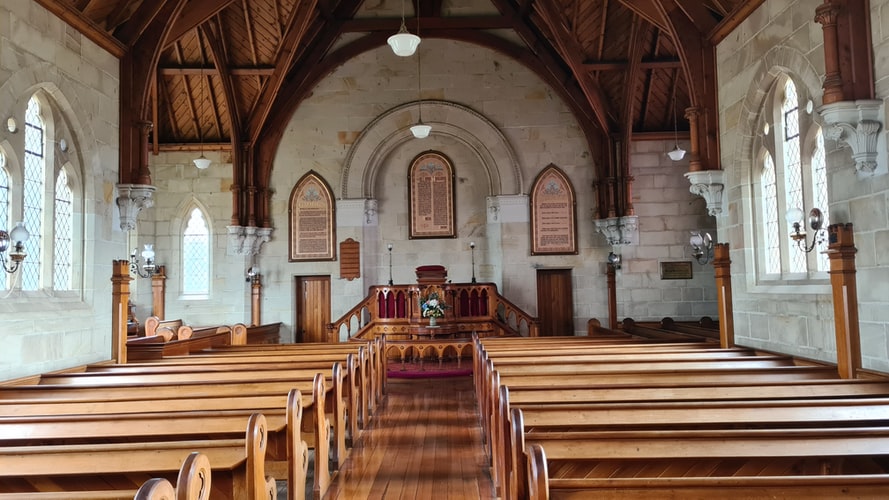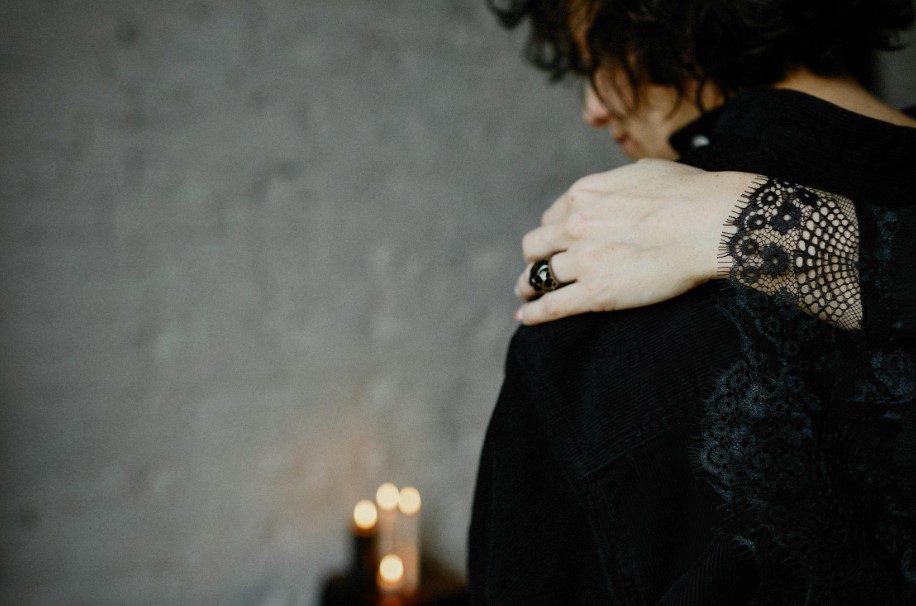Blog
1. Every Death Necessitates The Use of a Funeral Home
Funeral homes in Milwaukie, OR say this isn’t particularly true. It is permissible to care for the body privately, as a family, without using a funeral parlor. Families can opt to participate in some or all of the steps. A family may wish to wash and clothe the body and keep it at home as part of a private vigil for several days, only calling the funeral home or crematory when ready to release the body.
2. Embalming is a Legal Requirement
For the first 24 hours, embalming is not required. It is not necessary for many states under any circumstances. If there will be a delay before final disposal, refrigeration is nearly usually a better option than embalming.
3. The Public’s Health is Safeguarded via Embalming
Embalming serves no use in terms of public health. Embalmers may be exposed to illness and hazardous chemicals, posing a health risk during the embalming process. The disease can still be found in embalmed bodies in some situations. A deceased body has a lower risk of infection than one still coughing and breathing.
An embalmed body will survive indefinitely, much like the “wonderful memory image.” Mortuary embalming is only intended to keep the body for a week. Even if the body has been embalmed, it will eventually decay. Temperature and temperature have a more significant influence on the rate of decomposition.
4. After Death, Viewing is Required For “Closure.”
Whether or not to look at the corpse is a personal choice. There is no universal “need” that everyone feels the same way. When a death is expected, family members, for example, have already begun their “goodbyes.” They don’t need to view the body to grasp the truth of death.
5. “Protective” Caskets Aid in The Preservation of The Body
While casketed caskets may keep out air, water, and other outside factors for some time, the body will still decompose. A casketed or “sealer” coffin, on the other hand, prevents the natural dehydration that would otherwise occur. As the body begins to decay, fluids are spilled, and the casket is prone to corrode from the inside.
6. Vaults That Are “Protective” Or “Sealed” Aid In Preserving The Corpse
Nothing sold by the regular funeral industry will keep the body alive indefinitely. However, if there is a flood, such vaults will pop out of the ground and float away.
7. The Law Mandates The Use Of Vaults
Burial vaults are not in any way required by law in any state. On the other hand, most cemeteries have such rules because the vault prevents the grave from sinking in after the casket and body have decomposed. As a result, the cemetery workers’ upkeep costs will be reduced. Lockers are frequently more expensive than grave liners. Regarding religious traditions that require direct burial in the dirt, New York state prohibits cemeteries from mandating vaults or liners. In green burial grounds, vaults and metal caskets are not permitted.
8. For The Internment Of Cremated Remains, Vaults Are Necessary
Unfortunately, as the cremation rate rises, many cemeteries are making this claim, no doubt to increase revenue. There is no analogous safety justification for employing a casket vault as is claimed.
9. Prepaying For A Funeral Is An Excellent Way To Lock In Pricing
Funeral providers that sell pre-need funerals expect your money’s interest to cover any price increases. They wouldn’t let you prepay unless there was an advantage to the funeral home, such as increased market share or the ability to keep some of your money immediately. Funeral homes in Milwaukie, OR would gladly help with the necessary process.




